Robert A. F. Thurman is who the NY Times Magazine refers to as “The Dalai Lama’s man in America.” A scholar, author, former Tibetan Buddhist monk, co-founder with Richard Gere of Tibet House in New York City, a close personal friend of His Holiness the 14th Dalai Lama, and father of five children including the actress, Uma Thurman, he is the Jey Tsong Khapa Professor of Indo-Tibetan Buddhist Studies at Columbia University. Time magazine named him one of the “25 Most Influential Americans.” He has lectured all over the world; his charisma and enthusiasm draw packed audiences.
Robert Thurman’s flair for the dramatic may be attributed to the weekly Shakespeare readings hosted by his parents, in which Robert participated alongside such guests as Laurence Olivier. He managed to get himself kicked out of Exeter just prior to graduation for playing hooky in a failed attempt to join Fidel Castro’s Cuban guerrilla army in 1958. Harvard University admitted him anyway, but a deep dissatisfaction and questioning led him to drop out and he traveled on a “vision quest” as a pilgrim to India. Returning home to attend his father’s funeral, he met a Mongolian monk, Geshe Wangyal, and thus began Thurman’s life-long passion for Tibetan Buddhism.
In 1964, Geshe Wangyal introduced Thurman to His Holiness the Dalai Lama and described Robert as, “…a crazy American boy, very intelligent and with a good heart (though a little proud), who spoke Tibetan well and had learned something about Buddhism [and] wanted to become a monk…. Geshe Wangyal was leaving it up to His Holiness to decide.” Thurman became the first Westerner to be ordained as a Tibetan Buddhist monk. He was 24 and the Dalai Lama 29. They eventually met weekly and His Holiness would quickly refer Thurman’s questions concerning Buddhism to another teacher and turn the conversation to Freud, physics, and other “Western” topics of interest to him. Thurman describes this phase of his life: “All I wanted was to stay in the 2,500-year-old Buddhist community of seekers of enlightenment, to be embraced as a monk. My inner world was rich, full of insights and delightful visions, with a sense of luck and privilege at having access to such great teachers and teachings and the time to study and try to realize them.” But when he returned to the United States, Thurman found that his career as a monk was not viable, so “I decided that I wanted to learn more Buddhist languages, read more Buddhist texts.… The only lay institution in America comparable to monasticism is the university, so in the end I turned to academia.”
Robert Thurman currently holds the first endowed chair in this field of study in the United States, at Columbia University, where he serves as president of the board of the American Institute Buddhist Studies.
Thurman is not only a scholar, but a champion of the preservation of Tibetan culture. In 1987, he and actor Richard Gere founded New York City’s Tibet House, a nonprofit institution devoted to preserving the living culture of Tibet, where he currently serves as president of the board of trustees. Thurman writes, “What I have learned from these people [Tibetans] has forever changed my life, and I believe their culture contains an inner science particularly relevant to the difficult time in which we live. My desire is to share some of the profound hope for our future that they have shared with me.”
Personal website:
www.bobthurman.com
Other websites:
http://literati.net/Thurman/
Publications:
Anger: The Seven Deadly Sins
The Central Philosophy of Tibet: A Study and Translation of Jey Tsong Khapa’s “Essence of True Eloquence”.
Circling the Sacred Mountain: A Spiritual Adventure Through the Himalayas.
Essential Tibetan Buddhism.
The Holy Teaching of Vimalakirti: A Mahayana Scripture.
Infinite Life: Awakening to Bliss Within
Inner Revolution: Life, Liberty, and the Pursuit of Real Happiness.
Inside Tibetan Buddhism: Rituals and Symbols Revealed.
The Jewel Tree of Tibet: The Enlightenment Engine of Tibetan Buddhism.
Mandala: The Architecture of Enlightenment.
Thurman, Robert A.F. The Speech of Gold: Reason and Enlightenment in Tibetan Buddhism. Motilal Banarsidass Pub., 1990.
Thurman, Robert A.F., trans. The Tibetan Book of the Dead. Known in Tibet as The Great Book of Natural Liberation Through Understanding in the Between. Composed by Padma Sambhava. Discovered by Karma Lingpa. Foreword by His Holiness the Dalai Lama. New York: Bantam, 1994.
Tsong Khapa’s Speech of Gold in the “Essence of True Eloquence”. Now published under the title The Central Philosophy of Tibet: A Study and Translation of Jey Tsong Khapa’s “Essence of True Eloquence”.
Maitreyanatha/Aryasanga. Trans. Robert A.F. Thurman, Lozang Jamspal, et. al. Universal Vehicle Discourse Literature (Mahayanasutralamkara). Treasury of the Buddhist Sciences.
Thurman, Robert A.F. and Marilyn M. Rhie. Wisdom and Compassion: The Sacred Art of Tibet. New York: Abrams, 1991.


